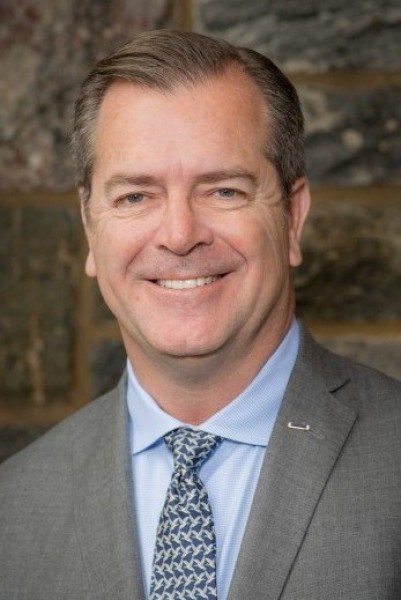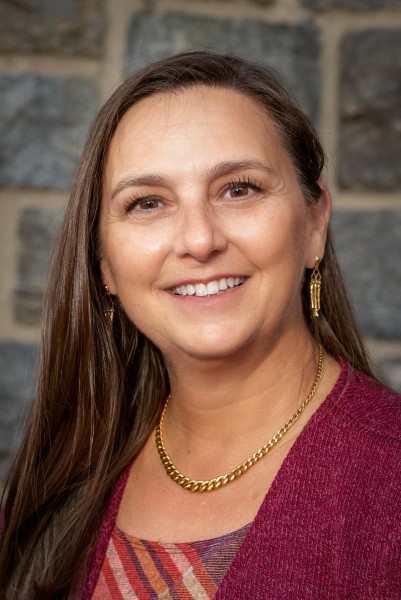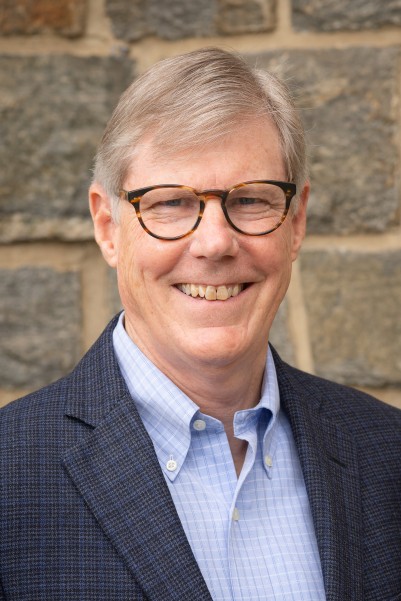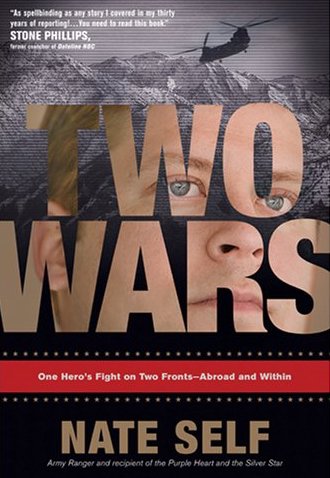Leading Through VUCA: CEO Focus on Culture
By Brigadier General (Retired) Barney Forsythe, Ph.D., Karen Kuhla McClone, Ph.D., and Dan Rice, Thursday, January 21, 2021
*This article was originally published by Chief Executive*
This is part 2 of a 2-part series. Read Part 1, "VUCA Leadership: A Guide to Surviving and Thriving in Chaotic Times".
In part 1 of this two-part series, six corporate leaders shared how they were using culture—and a set of clearly articulated and shared corporate values—to guide them through the pandemic. Below are the leadership strategies they found most helpful, and the lessons they’ve learned along the way.
Communicate, Communicate, Communicate
During VUCA, there is no substitute for frequent, clear and transparent communication; all other strategies depend on effective communications. The executive leaders we interviewed used a variety of platforms to meet virtually with their leaders and employees. Communication techniques included regular leadership team meetings, frequent all-hands meetings, skip-level meetings, and one-on-one check-in sessions with employees.
Insight CEO Ken Lamneck stressed the importance of communicating with his employees: “The one thing we found that we had to do more of [during COVID], of course, was communication. The communication had to step up quite a bit. We did lots of outreach, lots of videos, lots of roundtables, where we actually met with two to three levels down in the organization to really talk to individuals. [We] did a lot of creative and fun things throughout the organization to break up the monotony and to really keep people connected.”
At EMCOR, CEO Tony Guzzi “expanded what would have been routine communication. Instead of just having eight people on the call, we had 30 people on the call…we would share ideas. And then we actually had calls every week with all subsidiary leaders at various times, so they could hear from each other what they were experiencing.”
“In times of uncertainty,” added Ameet Mallik, EVP and Head of U.S. for Novartis Oncology, “you don’t always have all the answers, but it’s important to keep people informed and connected, provide a forum to ask questions and maintain an open dialogue. We did this in a few ways. We increased the frequency of our organizational town halls from quarterly, to every 10 days. This allowed for continuous check-ins, updates, and information sharing. And even if we didn’t have answers to all questions, we could still connect and keep people engaged.”
Read more at: https://chiefexecutive.net/leading-through-vuca-ceos-focus-on-culture/

Daniel Rice, MBA, MSed, MS
 ExperienceDan is the Co-President of Thayer Leadership and a 1988 graduate of the U.S. Military Academy at West Point. He is also President of the American University Kyiv, powered by Arizona State University, the first American accredited University in Ukraine. Dan is the Special Advisor to the Commander in Chief... Read More +
ExperienceDan is the Co-President of Thayer Leadership and a 1988 graduate of the U.S. Military Academy at West Point. He is also President of the American University Kyiv, powered by Arizona State University, the first American accredited University in Ukraine. Dan is the Special Advisor to the Commander in Chief... Read More +
Karen Kuhla McClone, Ph.D.
 Karen was born in Washington, D.C. and now resides in New York. She attended Virginia Tech where she received a BS degree in Business Management and an MS degree in Education. Karen earned a PhD in Education from the University of Virginia. She is the recipient of a National Research... Read More +
Karen was born in Washington, D.C. and now resides in New York. She attended Virginia Tech where she received a BS degree in Business Management and an MS degree in Education. Karen earned a PhD in Education from the University of Virginia. She is the recipient of a National Research... Read More +
Brigadier General George “Barney” Forsythe, Ph.D.
 ExpertiseLeader development, education, training, leadership coaching Experience Barney spent 35 years on active duty in the United States Army, serving in command and staff positions before returning to West Point’s Department of Behavioral Sciences and Leadership in 1984 as an Academy Professor. In 1991, he was promoted to Professor of... Read More +
ExpertiseLeader development, education, training, leadership coaching Experience Barney spent 35 years on active duty in the United States Army, serving in command and staff positions before returning to West Point’s Department of Behavioral Sciences and Leadership in 1984 as an Academy Professor. In 1991, he was promoted to Professor of... Read More +






